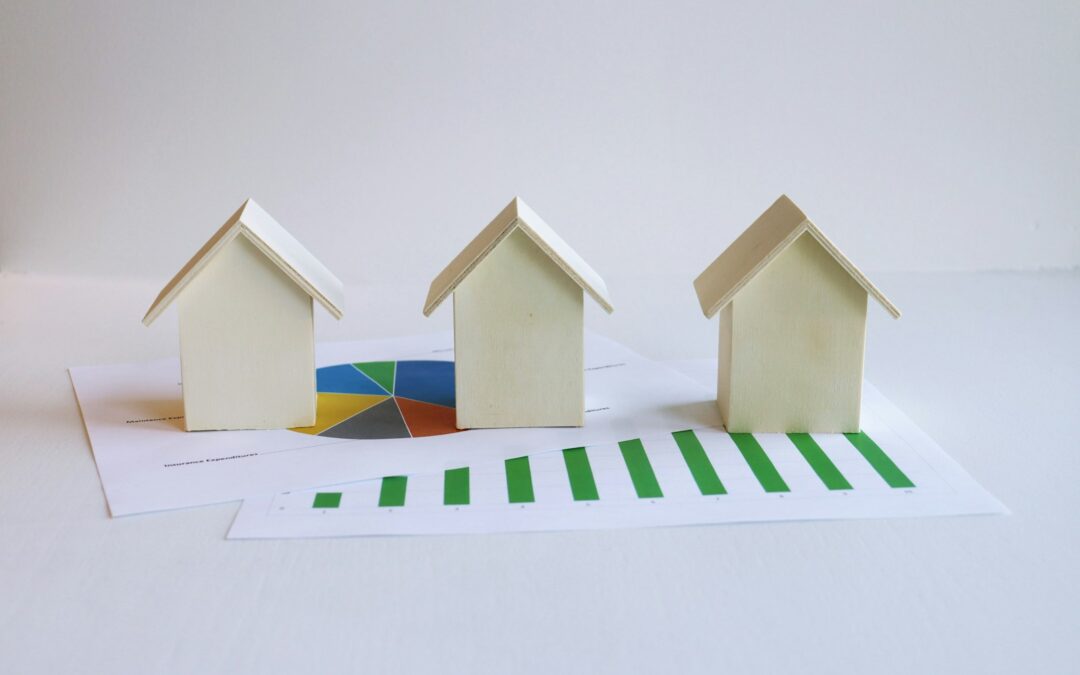New Efficiencies Introduced by Blockchain in Swiss Property Management
Blockchain Revolutionizing Property Management in Switzerland’s Real Estate Market
The adoption of blockchain revolutionizing property management in Switzerland’s real estate market is transforming how properties are managed and transactions are conducted. As blockchain technology becomes more integrated into the real estate sector, it is enabling greater transparency, security, and efficiency across the board. In Switzerland, where the real estate market has long been known for its complexity and high-value transactions, blockchain is proving to be a game-changer.
Blockchain provides a decentralized, immutable ledger that records every transaction in a transparent and tamper-proof manner. This is particularly valuable in property management, where multiple stakeholders—buyers, sellers, landlords, tenants, and regulatory bodies—are involved in every transaction. By eliminating the need for intermediaries such as banks and notaries, blockchain accelerates the transaction process while reducing costs. For instance, buyers and sellers can execute contracts and transfer property titles digitally without the delays associated with traditional methods.
In property management, blockchain allows for more efficient handling of rental agreements, lease renewals, and tenant-landlord interactions. Smart contracts, a key feature of blockchain, automate these processes by executing actions when specific conditions are met, such as rent payments or maintenance requests. This not only simplifies administrative tasks but also ensures that agreements are honored without the need for constant oversight.
Enhancing Transparency and Security in Real Estate Transactions
One of the most significant ways blockchain is revolutionizing property management in Switzerland’s real estate market is by enhancing transparency and security in transactions. Real estate deals often involve significant sums of money, and ensuring the legitimacy of property titles and the accuracy of financial records is critical. Blockchain addresses these challenges by providing an immutable record of ownership and transaction history that is accessible to all parties involved.
This level of transparency helps prevent fraud, such as the sale of properties by unauthorized individuals or the duplication of property titles. In Switzerland, where regulatory compliance and due diligence are stringent, blockchain streamlines the verification process, making it easier for buyers and sellers to trust that the property they are dealing with is legitimate. Blockchain also reduces the risk of human error during property transfers, as all information is recorded in real-time and cannot be altered once logged.
Security is another major benefit of blockchain in real estate transactions. Traditional methods of transferring property titles and handling large payments are often susceptible to hacking, identity theft, and cyber-attacks. Blockchain’s decentralized system makes it significantly harder for malicious actors to manipulate the data. Moreover, the use of cryptographic methods ensures that sensitive information, such as financial details and personal data, remains secure throughout the transaction process.
Introducing New Efficiencies in Property Management and Transactions
Blockchain is introducing a range of new efficiencies into Switzerland’s real estate market, from speeding up property transactions to reducing the costs associated with property management. One of the key innovations is the automation of transaction workflows through smart contracts. These self-executing contracts reduce the need for intermediaries and manual verification, enabling faster closure of deals. For example, when buying or selling a property, a smart contract can automatically verify the buyer’s funds and the seller’s property ownership, triggering the transfer of ownership and funds once all conditions are met.
Blockchain is also improving the efficiency of property management by creating a unified system where all property-related data is stored securely and accessible to authorized parties. In the traditional property management model, data is often fragmented across different systems, making it difficult for property managers, tenants, and landlords to access necessary information. With blockchain, all data—rental payments, maintenance records, lease agreements—can be stored on a single, tamper-proof ledger. This reduces administrative burdens and ensures that all parties have access to the most up-to-date information at any time.
Furthermore, blockchain technology is reducing the costs associated with real estate transactions and management. By cutting out intermediaries such as real estate agents, lawyers, and notaries, blockchain allows for direct transactions between buyers and sellers, which can significantly reduce fees. Additionally, property management companies can save on administrative costs by automating tasks such as rent collection and contract renewals, ultimately passing these savings on to property owners and tenants.
The Future of Blockchain in Switzerland’s Real Estate Market
The future of blockchain revolutionizing property management in Switzerland’s real estate market looks bright. As more companies and institutions adopt this technology, it is expected to become a standard tool for handling property transactions and management. Blockchain’s potential to further streamline and secure real estate processes is likely to attract more investors and buyers, making the Swiss property market more dynamic and accessible.
One of the most promising developments is the potential for tokenizing real estate assets. Tokenization allows for the fractional ownership of properties, where investors can buy and sell shares in a property using blockchain-based tokens. This innovation could open the Swiss real estate market to a broader range of investors, including those who may not have the capital to purchase an entire property. Moreover, tokenization could make real estate a more liquid asset, as these tokens can be traded on secondary markets, providing investors with more flexibility.
In addition, blockchain’s integration with other emerging technologies, such as artificial intelligence (AI) and the Internet of Things (IoT), could further revolutionize property management. AI-powered analytics could help property managers predict maintenance needs or market trends, while IoT devices could provide real-time data on property conditions, all recorded securely on a blockchain. These innovations will enable property managers and owners to optimize their operations and enhance the value of their assets.
Ultimately, the adoption of blockchain in Switzerland’s real estate market is not just a trend but a transformative shift in how properties are bought, sold, and managed. By enhancing transparency, security, and efficiency, blockchain is positioning Switzerland at the forefront of innovation in the global real estate industry.
—
#Blockchain #RealEstate #PropertyManagement #DigitalTransactions #SwissRealEstate #BlockchainInRealEstate #SmartContracts #PropertyTechnology #Switzerland

